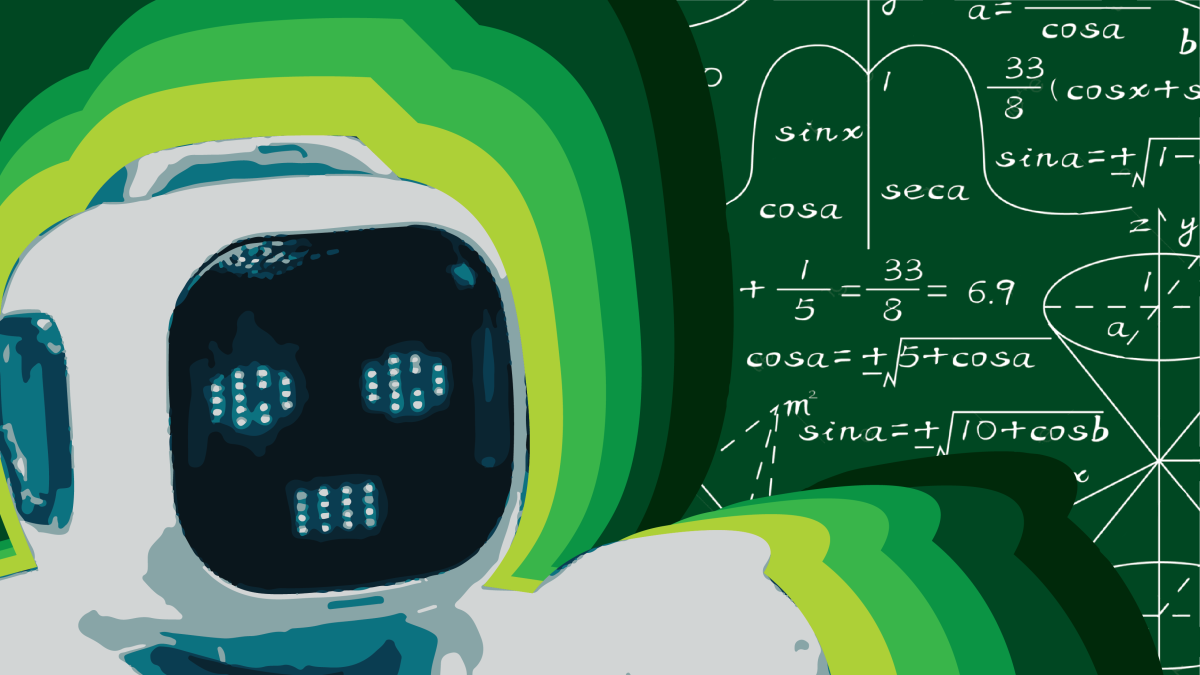What if every student had a personal tutor and study tool that could provide tailored answers to their questions at any time?
ChatGPT can serve that purpose. Created by Open AI, ChatGPT is an artificial intelligence chatbot that can accurately answer a broad range of questions and generate long, humanlike conversations, among other requested tasks.
Critics regard ChatGPT as a threat to classroom integrity, but they fail to realize the educational potential that the free service offers.
ChatGPT can be used like a search engine, but it remembers questions in previous conversation threads and can generate personal replies, unlike Google and other engines that only provide direct answers to questions.
Professors can be hard to reach, but ChatGPT is always available to answer questions and teach subjects. For example, you can ask ChatGPT to explain the events that led to WWI, the principles of calculus or the process in which a cell membrane repairs itself.
If you missed class, you could ask ChatGPT to teach you about the topic your professor discussed. If you have any remaining question, you could ask ChatGTP to elaborate on the lesson.
This isn’t to say ChatGPT can replace attending class. Learning from artificial intelligence does not surpass the teachings you receive from a professor, but ChatGPT can complement and improve a student’s learning experience.
Students can also use ChatGPT to review and study. Many students struggle to find study partners, or they don’t have time to attend tutoring. ChatGPT can serve as a virtual tutor that helps students review for an exam.
It can check facts and grammar in writing assignments. Students can ask ChatGPT to find unnecessary “fluff” in an essay, or they can ask how to improve their paper for a target audience.
The possibilities are endless. The potential ChatGPT has to aid education is unimaginable.
Technology isn’t necessarily meant to replace these formats; it’s meant to improve them. When the internet was first introduced, there were skeptics of its application in academia, and now it’s a staple of the modern classroom. ChatGPT isn’t any different. Like the early internet, it’ll continue to be adjusted.
And yes, ChatGPT can be used for plagiarism and cheating, but Google and Wikipedia can too. There is nothing inherently unethical in these innovations; it’s up to the user to determine if they will put these tools to good use.
Instead of asking ChatGPT to write a visual analysis paper, you can ask it to teach you how to write one yourself. Instead of asking direct questions about historical facts, you can ask it to make some flashcards for review.
ChatGPT’s limitations should be noted, especially its inability to recognize misinformation, but the positive applications of ChatGPT far outnumber the negative ones.
It takes ethics and responsibility to make the right choices when it comes to technology, as with anything. The shift that needs to take place is not to hinder progress; instead, society should learn how to use it for our benefit.
Isabella Albertini is a 23-year-old mass communication sophomore from Lima, Peru.








